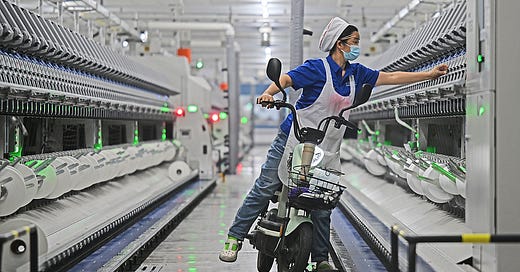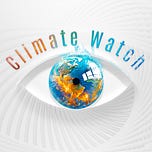Happy Earth Day!
You might be wondering—what’s so happy about our Earth right now?
We’re nowhere near containing global warming. Temperatures are certain to surpass 1.5°C.
And now, some countries—especially the wealthier ones—are beginning to question their climate commitments and actions.
So what exactly is there to celebrate?
I’d argue that we’re actually in a better position today than we were two or three decades ago.
We have a plan now. It’s not perfect. There are still big challenges—like financing, like feasibility.
But the general roadmap is clearer than ever. And we’ve got the technical know-how to back it up.
What we need are breakthroughs—either in technology that can scale quickly, or in business models that make clean solutions affordable and accessible.
Yes, some players are slowing down. But the fleet as a whole is moving. And it’s moving fast.
I believe we’re headed in the right direction—as a species.
But there’s a new variable in play. The United States isn’t just slowing down its own climate efforts—it’s also pushing back against others who are trying to move ahead.
It’s doubling down on “drill, baby, drill,” making fossil fuel deals with other countries, and using tariffs as leverage.
And now, even policies meant to support clean technologies are being paused or questioned.
So should we be pessimistic? Are tariffs just slowing down our global climate momentum?
I’m diving into these questions with Kyle Chan.
Kyle is a postdoctoral researcher at Princeton University. His work focuses on industrial policy, clean technology, and infrastructure—particularly in China and India. He also writes the widely-read newsletter High Capacity.
Kyle’s newsletters mentioned in this episode:
How the global solar boom is powered by Chinese exports
I get Kyle’s concerns—especially given his academic background. There’ve been reports about researchers, not only just those of Chinese descent, choosing to return to or join institutions in China.
But stepping back to the bigger picture of climate change—Kyle’s concerns aren’t unique.
Take Tom Friedman, The New York Times columnist, for example. In a recent podcast, he said he believes climate change is one of the existential crises humanity faces.
And to tackle it, the two superpowers—the U.S. and China—have to collaborate.
The global industrial landscape is shifting. It’s being shaped now by industries like batteries, EVs, and renewables—not coal, steel, or aluminum that used to.
Friedman said in that podcast that China is working hard to lead in these emerging industries.
The U.S.? Not as much.
Some people say Friedman’s being naïve here.
What do you think?
Let me know in the comment section below.














Share this post